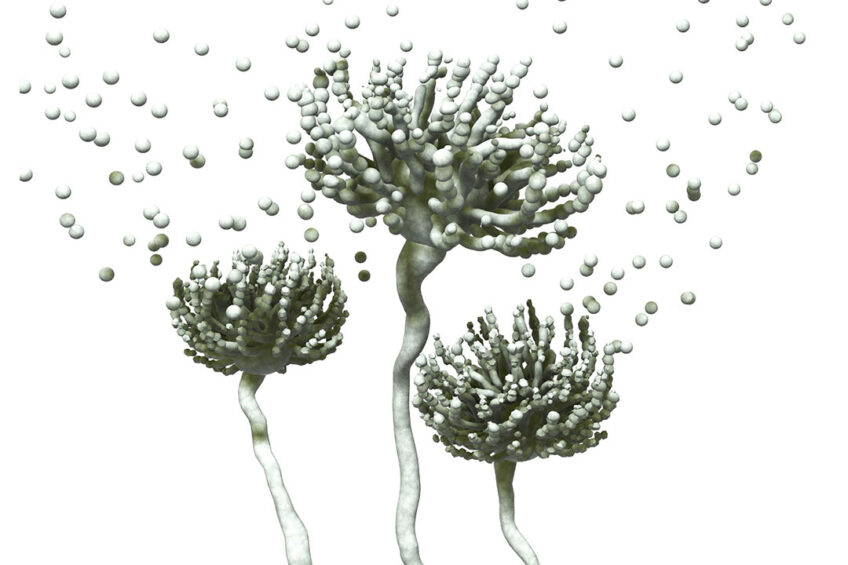Complexity of mycotoxins

The climate plays a very important role in the development of mycotoxins. As weather patterns become more erratic, mycotoxins are likely to change their prevalence.
MYCOTOXIN SPECIAL 2023 – read all articles
The Intergovernmental Panel on Climate Change (IPCC) state that human behaviour is a factor that is behind the planet’s rise in temperature. These rising temperatures are likely to alter the risk map regarding mycotoxin prevalence of specific fungi and the mycotoxins they produce. Even if we had a clearer idea about what lies ahead, predicting changes in mycotoxin occurrence would be far from straightforward.
This is because the interaction between pathogens, host plants and the weather is just so complex. Will we ever find the silver bullet to solve mycotoxin challenges, or will it remain a never-ending story?
In this latest Mycotoxin special, you will find several interviews conducted with people from the mycotoxin industry. One common conclusion when talking to them was that collaboration plays a key role in tackling mycotoxin issues. Sharing data, ideas, strategies, and possible solutions could help with making decisions, finding alternative solutions, and even understanding mycotoxins better. This edition will cover everything from the current challenges to the evolution of technology in detecting hidden mycotoxin threats.
The World Mycotoxin Forum, held in Antwerp, Belgium this October covered many of the topics I mentioned, it was an opportunity for industry specialists to connect and close the knowledge gap with interesting presentations and a first-time live interactive debate.
MYCOTOXIN SPECIAL 2023 – read all articles







